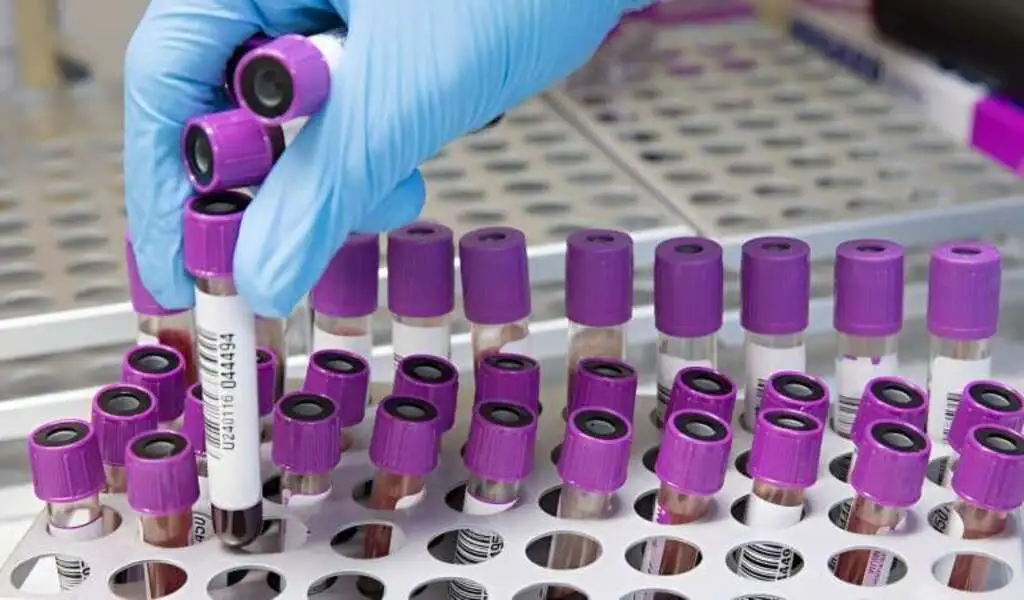(CTN News) – There is a reason why some advanced estrogen receptor (ER) positive breast cancers become resistant to hormone therapy, and new drugs are in development to keep these patients’ disease stable for a longer period of time.
The Institute of Cancer Research in London found that 4% of patients were resistant to fulvestrant hormone therapy due to mutations in the estrogen receptor gene (ESR1) called F404.
Cells with these mutations were also sensitive to a range of compounds that are currently being tested in clinical trials. If these drugs are approved, patients likely to develop resistance to treatment through F404 mutations could be identified with a blood test and offered alternative therapies in the future.
A widely used type of hormone therapy, Fulvestrant is usually given as a first-line treatment or after other drugs have failed to work in people with ER-positive breast cancer. In many cases, patients’ cancers will become resistant to the treatment over time.
Researchers studied plasmaMATCH trial participants’ blood samples, which were published in Cancer Discovery.
Researchers at ICR’s Clinical Trials and Statistics Unit are using blood tests, also known as liquid biopsies, to detect small traces of DNA released by tumor cells in plasmaMATCH, a clinical trial being managed by the Clinical Trials and Statistics Unit.
Breast Cancer research using blood tests
In the Breast Cancer Now Toby Robins Research Center at the ICR, the team examined blood samples from patients with advanced ER-positive breast cancer and observed their responses to fulvestrant.
Fulvestrant targets the estrogen receptor to prevent the growth of ER-positive breast cancers.
This study examined how mutations in the gene that codes for the estrogen receptor, ESR1, contribute to fulvestrant resistance.
The researchers found that 4% of patients with breast cancer developed specific mutations in the ESR1 gene, called F404, after fulvestrant treatment. Only patients with certain existing mutations in the ESR1 gene before treatment developed these new mutations. This combination of pre-existing and new mutations resulted in profound resistance to fulvestrant, according to the researchers.
Alternative treatments are being sought
Next, the team tested hormone therapies currently in clinical development on cancer cells with the F404 mutation. All four therapies were effective in treating cancer cells with F404 mutations that were resistant to fulvestrant.
“As Professor Nicholas Turner, Professor of Molecular Oncology at The Institute of Cancer Research, London, and Consultant Medical Oncologist at The Royal Marsden NHS Foundation Trust, explains, our study utilizes innovative blood tests to detect genetic changes present in cancer in a patient without invasive procedures..”
SEE ALSO:






